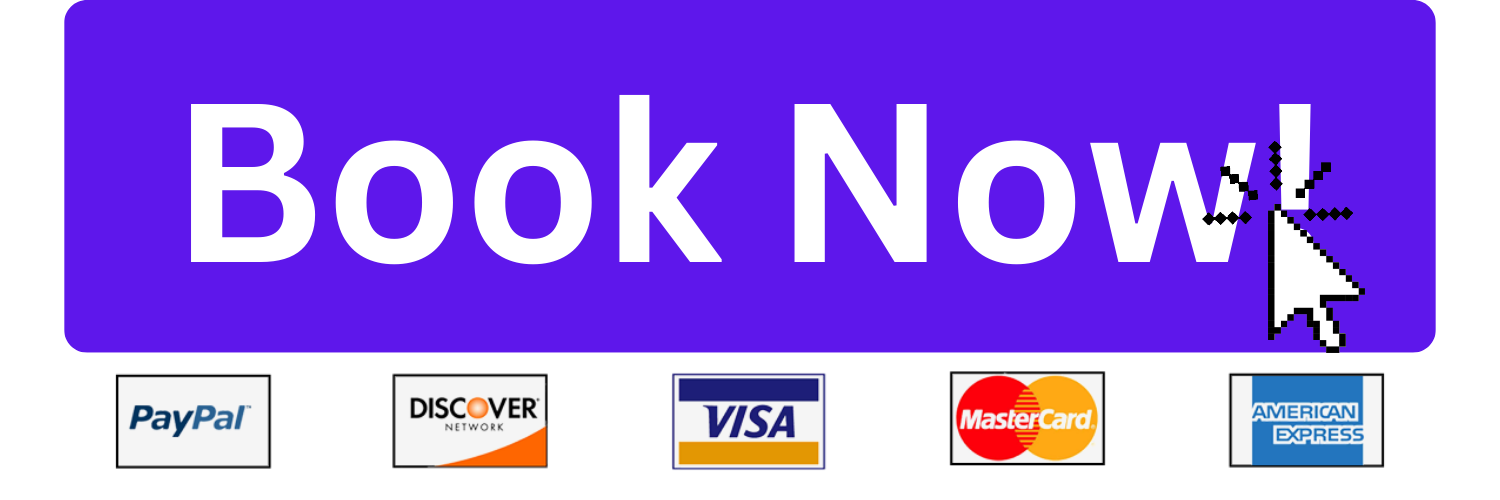
For students looking to improve their academic performance and subject-matter knowledge, tutoring may be a very helpful tool. While many schools and organizations provide free tutoring services, private tutoring is sometimes expensive. The benefits and drawbacks of these free tutoring choices are discussed below.
Benefits of Free Tutoring
1. Economical
Financial Accessibility
The cost-effectiveness of free tutoring is perhaps its greatest benefit. For students who do not have the financial ability to pay for individual coaching, it offers an essential learning resource.

2. Supplemental Education Support
Reinforcement of Learning
Free tutoring provides extra assistance outside of the traditional classroom setting, assisting in the clarification and reinforcement of the lessons covered in class.
3. Peer Interaction
Collaborative Learning
Group sessions are a common feature of free tutoring programs, and they may promote peer-to-peer learning as well as the exchange of different viewpoints and approaches to problem-solving.
4. Availability
Accessibility
Free tutoring programs offered by schools and community centers are frequently easily accessible to children, making them a handy choice for extra assistance.
Drawbacks to Free Tutoring
1. Issues with Quality
Variable Expertise
Tutoring can differ greatly in quality. Tutors in free programs are frequently peers or volunteers with less teaching experience or skill than professional tutors.
2. Inadequate Resources
Resource Limitations
Resources, including study materials, technology, and even meeting spaces, maybe few for free programs.
3. Oversubscription and Insufficient Individualized Attention
Elevated Demand
The demand for free tutoring services may be considerable, resulting in lengthy group sessions with little time for one-on-one attention. For kids who require one-on-one assistance, this may be less beneficial.
4. The Absence of Personalization and Inconsistency
i. Inconsistent help
Learning experiences may be uneven due to a lack of continuity in tutoring help, with multiple tutors working with students during sessions.
ii. Generic Approach
Free tutoring frequently takes a generic approach that does not take into account students’ specific educational needs or academic requirements.
Conclusion
Although there are clear benefits to free tutoring, especially in terms of cost and accessibility, the disadvantages emphasize the need for a more individualized and reliable learning environment. To cover these voids, paid tutoring takes over. Paid tutoring guarantees quality and consistency in instruction by using qualified instructors with specific training and experience. The efficacy of the tutoring is increased since the paid sessions’ one-on-one attention enables the creation of a personalized learning plan that is suited to each student’s particular requirements and learning preferences. Furthermore, having access to a greater variety of technology and material resources helps to create a holistic learning environment.
Therefore, although it is an expenditure, paid tutoring provides a more dependable and targeted kind of academic support. It becomes especially helpful for students who need in-depth help with particular subjects or who benefit from one-on-one mentoring. For those who want to get the most out of their education, professional tutoring may be a good option when weighing the expense against the possibility of better academic results. Take the first step and schedule your first accounting lesson with an expert tutor and get professional help today.
"Are you tired of struggling in accounting class? Let us make accounting easy and enjoyable for you."







